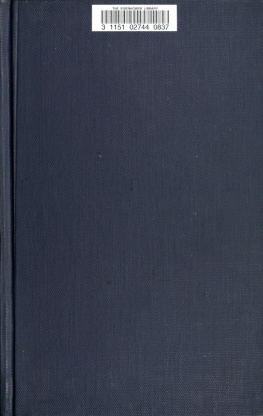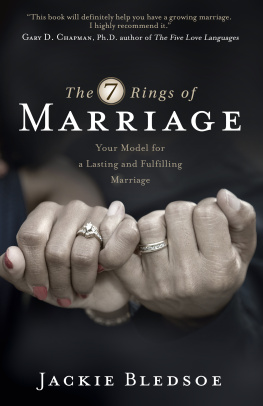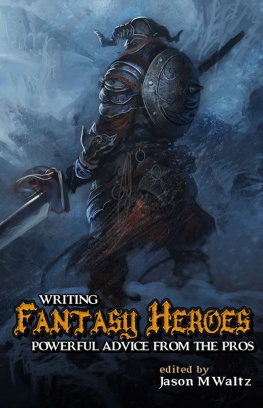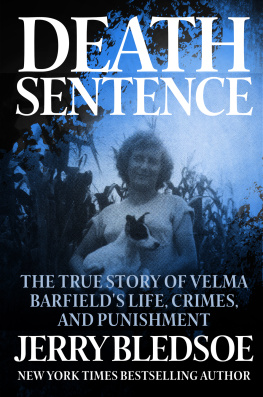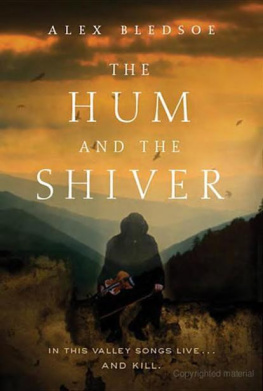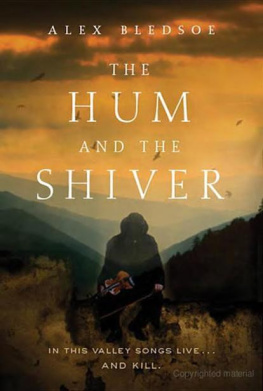Terry A. Barnhart - Albert Taylor Bledsoe: Defender of the Old South and Architect of the Lost Cause
Here you can read online Terry A. Barnhart - Albert Taylor Bledsoe: Defender of the Old South and Architect of the Lost Cause full text of the book (entire story) in english for free. Download pdf and epub, get meaning, cover and reviews about this ebook. year: 2011, publisher: LSU Press, genre: Politics. Description of the work, (preface) as well as reviews are available. Best literature library LitArk.com created for fans of good reading and offers a wide selection of genres:
Romance novel
Science fiction
Adventure
Detective
Science
History
Home and family
Prose
Art
Politics
Computer
Non-fiction
Religion
Business
Children
Humor
Choose a favorite category and find really read worthwhile books. Enjoy immersion in the world of imagination, feel the emotions of the characters or learn something new for yourself, make an fascinating discovery.

- Book:Albert Taylor Bledsoe: Defender of the Old South and Architect of the Lost Cause
- Author:
- Publisher:LSU Press
- Genre:
- Year:2011
- Rating:5 / 5
- Favourites:Add to favourites
- Your mark:
Albert Taylor Bledsoe: Defender of the Old South and Architect of the Lost Cause: summary, description and annotation
We offer to read an annotation, description, summary or preface (depends on what the author of the book "Albert Taylor Bledsoe: Defender of the Old South and Architect of the Lost Cause" wrote himself). If you haven't found the necessary information about the book — write in the comments, we will try to find it.
Albert Taylor Bledsoe (1809--1877), a principal architect of the Souths Lost Cause mythology, remains one of the Civil War generations most controversial intellectuals. In Albert Taylor Bledsoe: Defender of the Old South and Architect of the Lost Cause, Terry A. Barnhart sheds new light on this provocative figure.
Bledsoe gained a respectable reputation in the 1840s and 1850s as a metaphysician and speculative theologian. His two major works, An Examination of President Edwards Inquiry into the Freedom of the Will (1845) and A Theodicy; Or, Vindication of the Divine Glory, As Manifested in the Constitution and Government of the Moral World (1853), grapple with perplexing problems connected with causality, Christian theology, and moral philosophy. His fervent defense of slavery and the constitutional right of secession, however, solidified Bledsoe as one of the chief proponents of the idea of the Old South. In An Essay on Liberty and Slavery (1856), he assailed egalitarianism and promoted the institution of slavery as a positive good. A decade later, he continued to devote himself to fashioning the Lost Cause narrative as the editor and proprietor of the Southern Review from 1867 until his death in 1877. He carried on a literary tradition aimed to reconcile white southerners to what he and they viewed as the indignity of their defeat by sanctifying their lost cause. Those who fought for the Confederacy, he argued, were not traitors but honorable men who sacrificed for noble reasons.
This biography skillfully weaves Bledsoes extraordinary life history into a narrative that illustrates the events that shaped his opinions and influenced his writings. Barnhart demonstrates how Bledsoe still speaks directly, and sometimes eloquently, to the core issues that divided the nation in the 1860s and continue to haunt it today.
Terry A. Barnhart: author's other books
Who wrote Albert Taylor Bledsoe: Defender of the Old South and Architect of the Lost Cause? Find out the surname, the name of the author of the book and a list of all author's works by series.

